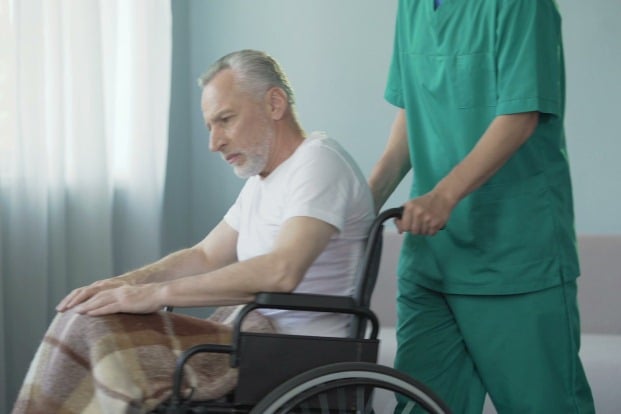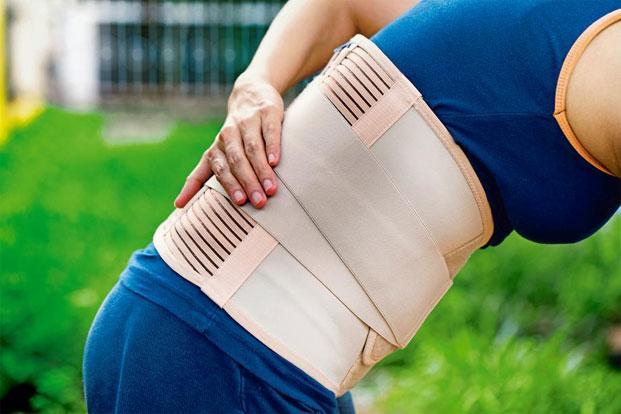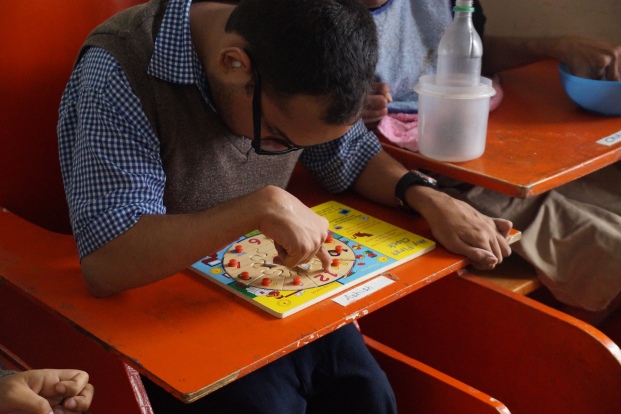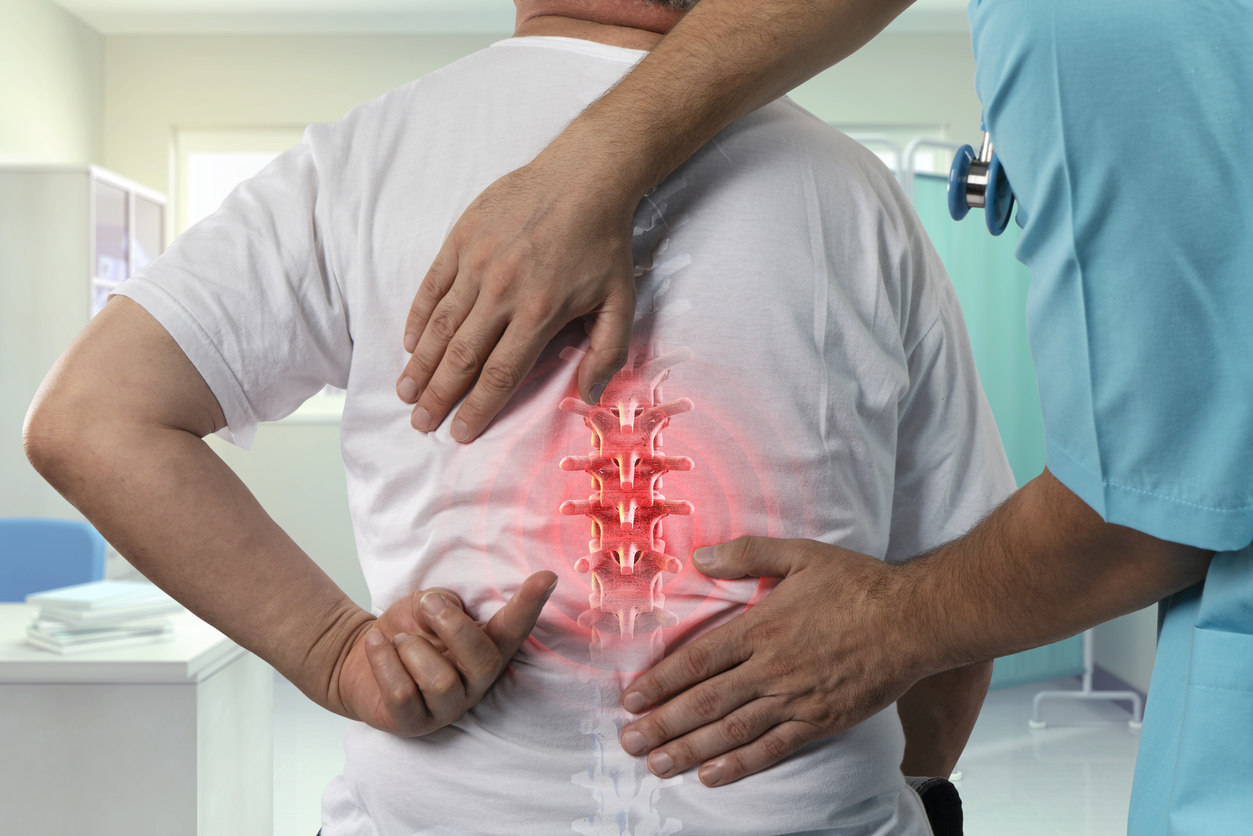Categories
- Bariatric Surgery (11)
- Black Fungus (5)
- Bone Marrow transplant (3)
- Brain Tumor Surgery Navigation Technology (20)
- Cardiac Surgery (66)
- Cardiology (97)
- Computer navigation technology for joint replacements (20)
- Covid Vaccination (17)
- Critical Care (2)
- Dental (19)
- Dermatology (31)
- Dialysis Support Group - “UTSAAH” (11)
- Dietitian (33)
- Emergency Medicine (4)
- Emotional Health (11)
- Endocrinology (33)
- ENT (20)
- Gastroenterology and GI Surgery (53)
- General and Laparoscopic Surgery (21)
- General Surgery (4)
- Gynecology & Obstetrics (183)
- Hematology (20)
- Internal Medicine (294)
- Kidney Transplant (50)
- Kidney Transplantation (20)
- Lung Cancer (8)
- Minimal Invasive Surgery (1)
- Mother & Child (20)
- mucormycosis (5)
- Nephrology (61)
- Neurology (147)
- Neurosurgery (68)
- Nutrition and Dietetics (107)
- Omicron Variant (1)
- Oncology (288)
- Ophthalmology (10)
- Orthopaedics & Joint Replacement (86)
- Paediatrics (59)
- Pediatric Nephrology (3)
- Physiotherapy (5)
- Plastic & Reconstructive Surgery (6)
- Psychiatry and Psychology (90)
- Psychologist (28)
- Pulmonology (72)
- Rheumatology (13)
- Spine Services (21)
- Transradial Angioplasty (16)
- Urology (84)
Query Form
Posted on Apr 19, 2022
How does Quadriplegia affect the body?
Tetraplegia, also known as quadriplegia, is paralysis caused by illness or injury that results in the partial or total loss of use of all four limbs and torso; paraplegia is similar but does not affect the arms.

Individuals with Quadriplegia struggle with the below symptoms:-
- Chronic pain– This could be because of transformations in the sensory perception, however, the product of a chronic disease as well. When an individual with quadriplegia regains some sensation, they may experience aching arms because of muscle atrophy.
- Loss of sensation under the site of injury– In a few cases, this loss of sensation is complete & permanent. In the other cases, the sensations are simply reduced or the patient may sporadically feel some sensations but not all. A pins & needles feeling is especially common.
- The inability of moving the limbs below the injury-site. Though some movement may be regained, the majority of the quadriplegic patients keeps struggling with the loss of muscle control & generalized weakness.
- Spasticity- This involves sudden uncontrolled movements, mainly in the areas that are most affected by paralysis.
- Problems with bladder elimination– Loss of sensation & muscle control beneath the site of injury could result in urinary or fecal incontinence, problems eliminating without help & frequent infections in the urinary tract.
- Respiratory infection– They are manly common in the month’s post an injury, such infections are the major reason for demise among the spinal cord injury survivors.
- Difficulties with or transformation in fertility & sexual function. Males may struggle to have erections, whereas females may struggle with lubrication. Both the sexes often experience transformations in libido and problems to have an orgasm, reduced fertility & also the complete cessation of the sexual function.
- Secondary infections because of inability to move along with bedsores.
- Psychological issues, mainly depression & anxiety
- Problems with bodily awareness. Depending upon the magnitude to which a patient has lost sensation, they may struggle to know where the arms or legs are without looking.
- Weight gain, mainly if the patient is unable to exercise should not go take physical therapy or eat chronically. Several quadriplegic patients found that they must lower their calorie intake for avoiding weight gain.



